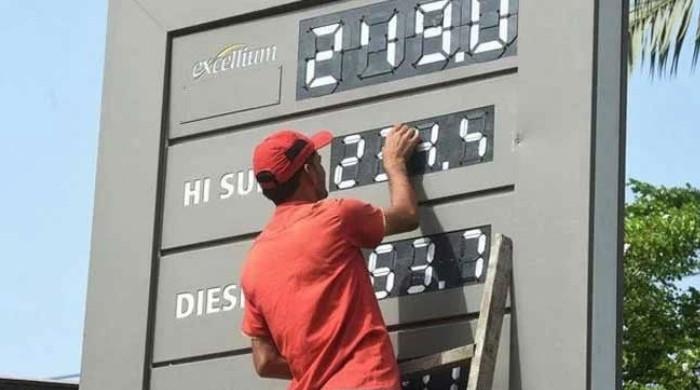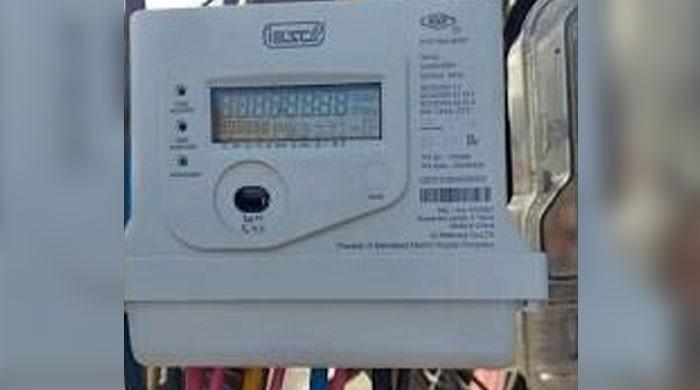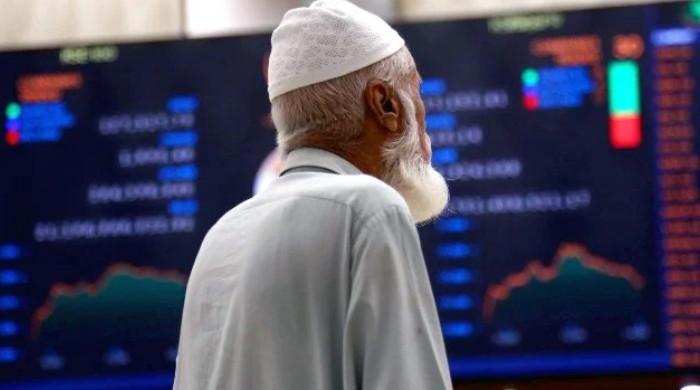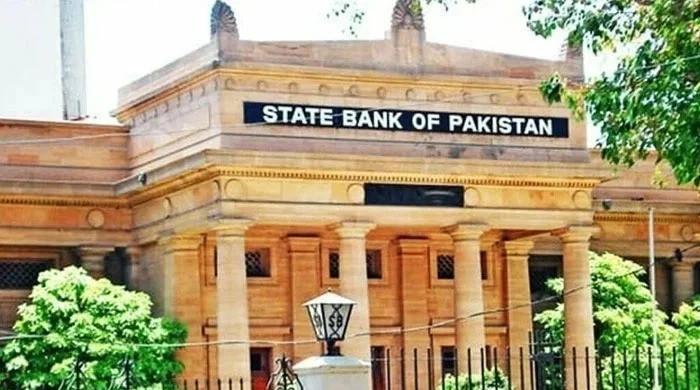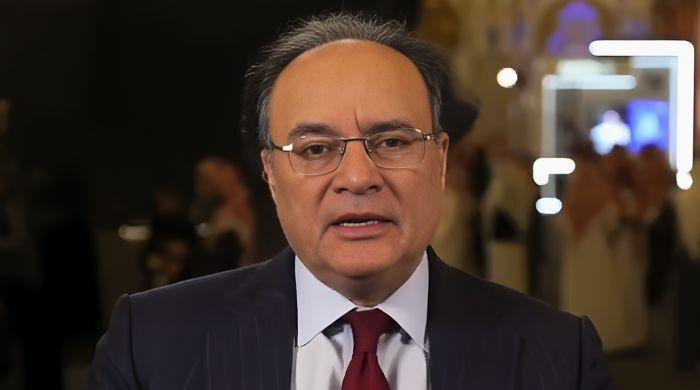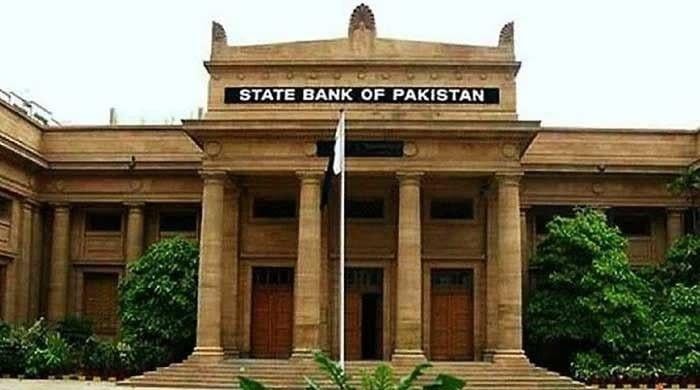IMF board meeting likely on Dec 7 to consider Pakistan's case
Govt agrees to revise gas tariff from January 2024 to reduce circular debt
November 18, 2023
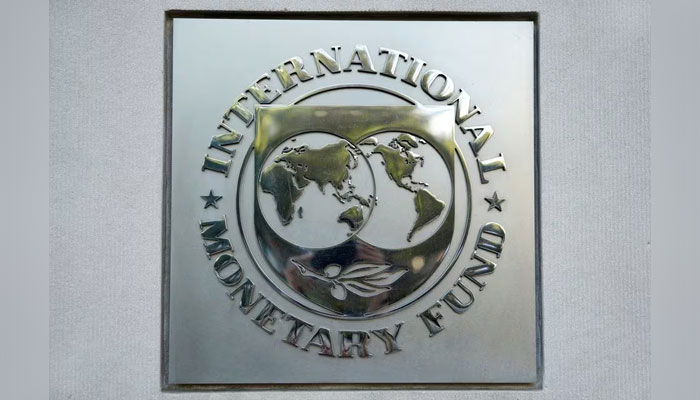
- Meeting to consider govt's request for loan approval.
- Govt agrees to revise gas tariff from Jan 2024.
- Decision made to reduce circular debt.
ISLAMABAD: The government is eyeing a final nod from the International Monetary Fund (IMF) to approve the $700 million tranche, as an executive board meeting is likely to take place on December 7, The News reported on Saturday.
To do so, the government will have to increase the quarterly power tariff adjustments to restrict the ballooning circular debt.
Top officials told The News on Friday that the power companies had sought a determination from Nepra of the quarterly tariff adjustments and it was hoped to be determined within the next couple of weeks.
The date of the hearing has not yet been officially fixed but the quarterly tariff adjustment for the first quarter (July-September) was due and it would be done soon.
Secondly, the government has also agreed to revise the gas tariff from January 2024 mainly because the dollar-denominated tariff might witness further escalation in months ahead with the objective to reduce the circular debt.
The IMF has already estimated that the circular debt of the energy sector has ballooned to over 4% of GDP equivalent to Rs4,000 billion.
To a question about the possibility of the executive board meeting on December 7 to consider Pakistan’s request for approval of $700 million tranche under the SBA program, Ministry of Finance spokesman Qamar Abbasi stated that the IMF had not yet officially informed Islamabad about the date of the meeting.
The sources said Pakistan and the IMF had developed a consensus on eight charts including restricting the fiscal deficit and envisaging keeping the primary surplus in the range of 0.4% of GDP, and the debt servicing would hover around Rs8.3 trillion for the current fiscal year against budgetary target of Rs7.3 trillion.
The IMF had earlier assessed that the debt servicing bill might have gone up to Rs8.56 trillion but now with the expectation of moving towards longer maturity T-bills and floating of bonds on lower policy rates, it was expected that the overall debt servicing bill might come down and might be ranging around Rs8.3 trillion.
The Monetary Policy Committee (MPC) of the State Bank is scheduled to meet on December 12 with expectations that it might witness downward trends.
The last auctions done by the Ministry of Finance and SBP also raised hopes that the rate on treasury bill was ranging about 21.5% showing that the market was also expecting downward trends keeping in view the reduced rates accepted for the latest auctions this week.
Pakistan is also anxiously waiting for US Fed Reserves meeting as the policy rate stood in the range of 5.25 to 5.50% highest ever in the last 22 years forcing Islamabad’s economic managers to shelve their plan for launching the international bond in order to fetch $1.5 billion.
If the policy rate in the USA is reduced in the coming months, then Islamabad might consider launching the ESG bond in the second half of the current fiscal year. All these developments will impact the budgetary side of Pakistan, as the reduction in the global interest rate as well as the domestic market will help reduce the cost of debt servicing bill in Pakistan during the ongoing financial year.




